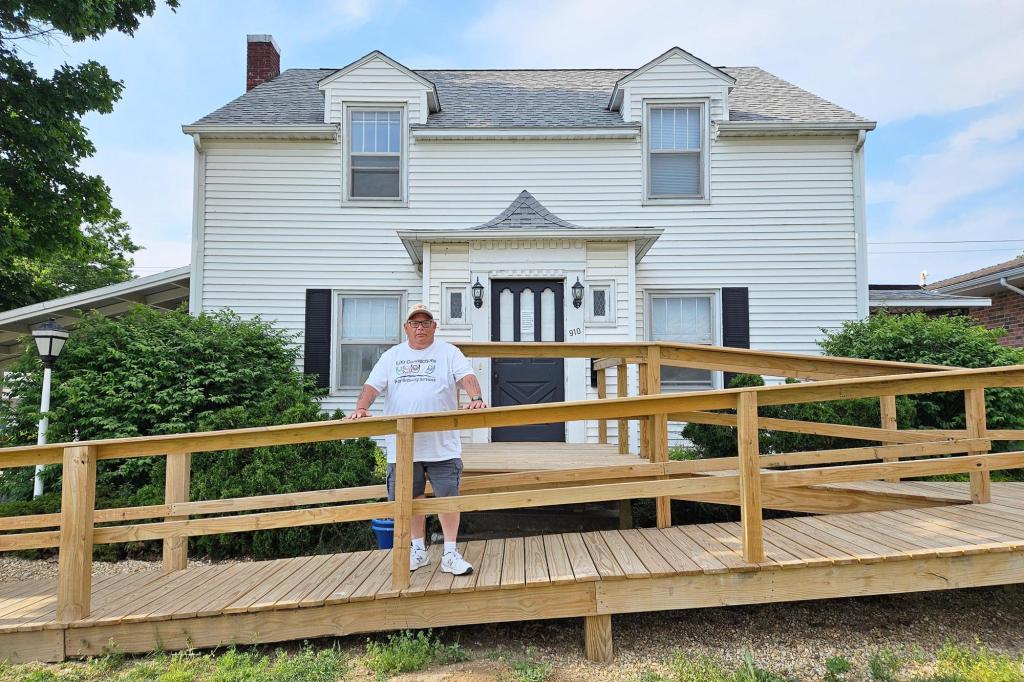Cheryl Platzman Weinstock | KFF Health News (TNS)
If you or someone you know may be experiencing a mental health crisis, contact the 988 Suicide & Crisis Lifeline by dialing “988,” or the Crisis Text Line by texting “HOME” to 741741.
____
Aimee Quicke has made repeated trips to emergency rooms, hospitals, behavioral health facilities, and psychiatric lockdowns for mental health crises — including suicidal thoughts — since she was 11.
The 40-year-old resident of Le Mars, Iowa, has bipolar and obsessive-compulsive disorders. “Some of the visits were helpful and some were not,” she said. “It was like coming in and going out and just nothing different was happening.”
Then she heard about Rhonda’s House, a rural peer respite program that opened on the other side of the state in 2018, through acquaintances in her community.
That facility, and dozens of others like it established nationwide over the past 20 years, offers a short-term, homelike, nurturing environment for people who are experiencing a mental health crisis but don’t need immediate medical attention. At respites, patients are treated like guests, proponents say, and can feel heard and keep their dignity without having to relinquish their clothes and other belongings.
During her weeklong stay at Rhonda’s House, which founder and executive director Todd Noack referred to as “a bed-and-breakfast facility for emotional distress,” Quicke made many breakthroughs, working on her self-esteem and gaining better coping skills. If she hadn’t found the program, she said, “I don’t think I would have come out of 2020.”
Public health professionals say respite facilities can potentially play a big role in addressing a national mental health crisis that accelerated dramatically during the covid-19 pandemic, especially when it comes to suicide prevention.
“It’s a really important piece of the larger puzzle of how to improve health care and reduce suicide risk, because there…
Read the full article here







